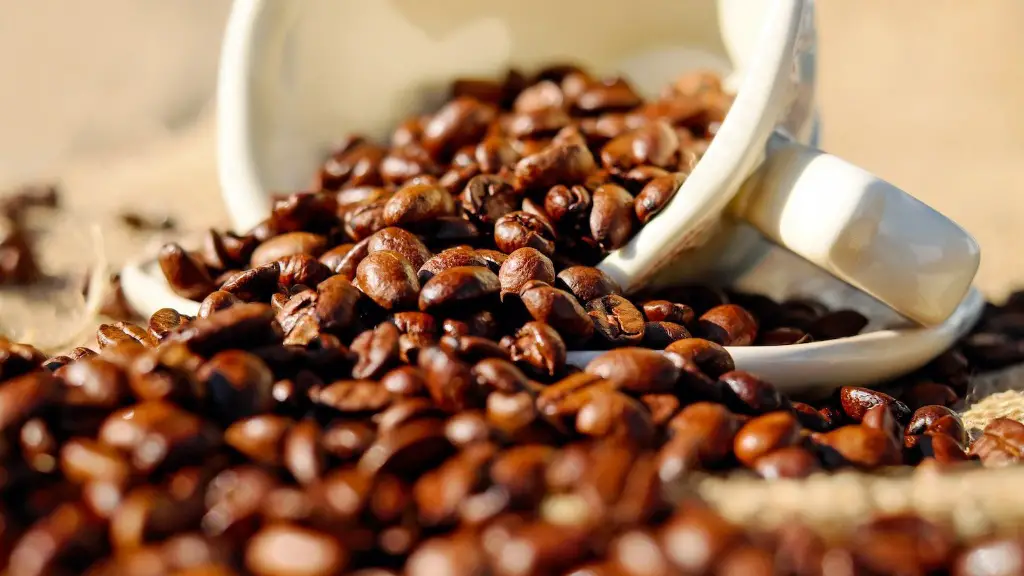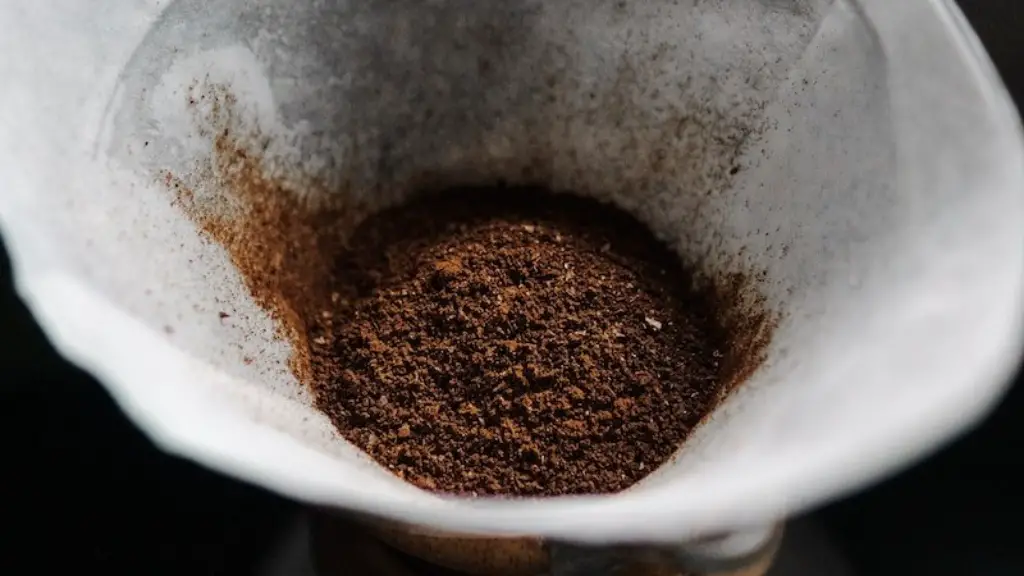The Basics of Coffee Consumption
Coffee has long been one of the most popular beverages in the world, consumed by people all over the globe. It is made from roasted coffee beans, which are then ground and brewed to create a delightful aromatic and flavorful drink. The flavor of coffee can vary depending on the type of beans used, the brewing method, and the amount of water used. Coffee is usually served hot but can also be served iced or blended with other ingredients such as cream, vanilla, or spices.
Coffee is known for its energizing effects, thanks to the caffeine content present in the drink. Caffeine is a natural stimulant that works on the central nervous system, providing alertness and energy. The amount of caffeine in coffee can vary significantly depending on the type of coffee bean and the brewing method. A typical cup of coffee contains between 50 and 200 milligrams of caffeine. For comparison, a single espresso shot contains anywhere between 50 to 75 mg of caffeine.
Can You Use Coffee in Place of Water?
Given its energizing effects, many people wonder if drinking coffee is an acceptable substitute for drinking water. First and foremost, health experts agree that drinking coffee cannot properly substitute for water because it does not provide the same hydration benefits. Water is essential for the body to stay hydrated, since it helps flush out toxins, aids in digestion, and keeps the body temperature regulated. Moreover, coffee does not provide the same essential minerals and electrolytes found in water, and drinking too much coffee can lead to dehydration.
Although coffee cannot substitute for water, it is true that some of its components can have health benefits. For instance, coffee contains antioxidants, which can help protect the body from oxidative damage caused by free radicals. Additionally, drinking coffee has been linked to lower risk of developing some chronic diseases such as type 2 diabetes and certain cancers. However, it is important to note that the benefits associated with coffee consumption come only when the beverage is consumed in moderation.
Alternatives to Coffee
For those who are looking for a healthier alternative to coffee, there are several great options available. Herbal teas are a great choice, as they contain a wide variety of beneficial nutrients, including minerals, vitamins, antioxidants, and amino acids. Herbal teas may also have calming effects and are known for providing a calming, relaxing effect on the body and mind. Additionally, green tea is a great option for those looking for an energizing drink, as it contains less caffeine than coffee and more antioxidants.
Other alternatives include juices, smoothies, and other fruity drinks. Juices can provide a boost of energy and contain many essential vitamins and minerals. Smoothies provide a balanced combination of carbohydrates, proteins, and healthy fats. They are also great for providing a quick energy boost and can be a great snack option if you are trying to lose weight.
Using Coffee in Moderation
When it comes to consumption of coffee, moderation is key. Too much caffeine can lead to increased heart rate, sleeplessness, and headaches. Furthermore, consuming too much coffee can also lead to dehydration, as it acts as a diuretic, meaning it can increase urine output. To help stay healthy and hydrated, experts recommend not exceeding more than four to five cups of coffee per day.
If you are looking to add more flavor to your coffee, experts recommend adding milk or cream, sugar, spices, or other natural flavorings. This way, you will increase the nutritional benefits of your coffee without adding too much sugar or other unhealthy ingredients. Additionally, you can also choose to have decaffeinated coffee, which still contains nutrients and antioxidants, but without the caffeine content.
Other Benefits of Coffee Consumption
Apart from providing a boost of energy, coffee consumption can also provide other benefits. Studies have shown that coffee consumption can improve cognitive performance, memory, and focus. Coffee can also be beneficial for the heart, as studies have found a correlation between the consumption of coffee and a lower risk of heart disease. Additionally, coffee consumption has also been linked to a lower risk of certain types of cancer.
Finally, coffee consumption has been linked to a reduction in inflammation and a decrease in feelings of anxiety, stress, and depression. The antioxidants found in coffee may be responsible for these benefits, as they help reduce inflammation in the body. Additionally, coffee can also help boost mood and alertness, providing an overall sense of wellbeing.
Final Notes
In conclusion, drinking coffee can provide a range of health benefits, including improved cognitive performance and reduced risk of certain diseases. That said, coffee should not be used in place of water due to its inability to hydrate the body. To stay healthy and hydrated, nutritionists recommend drinking four to five cups of coffee a day, accompanied by other healthy beverages, such as juices, smoothies, and herbal teas.


